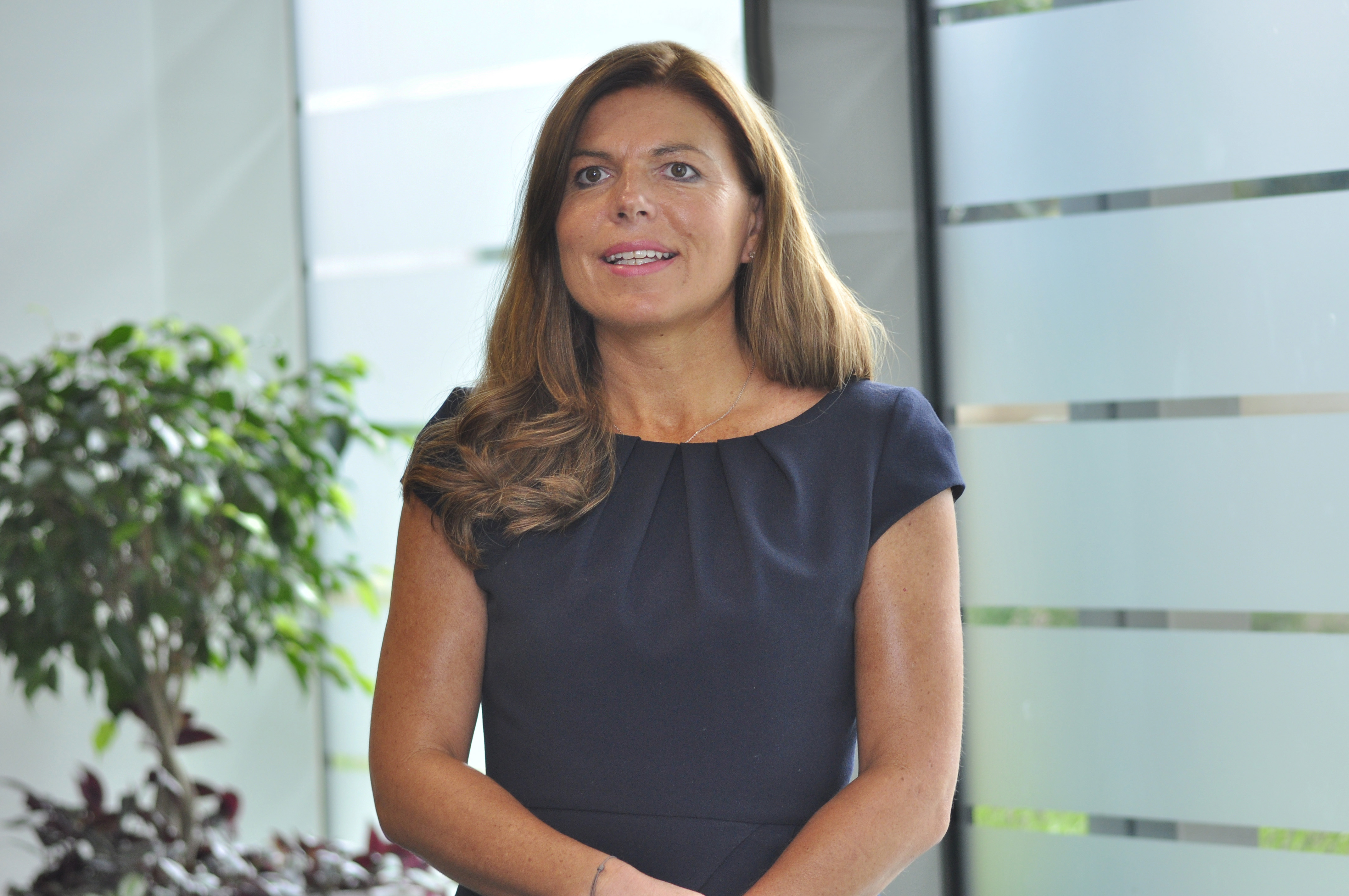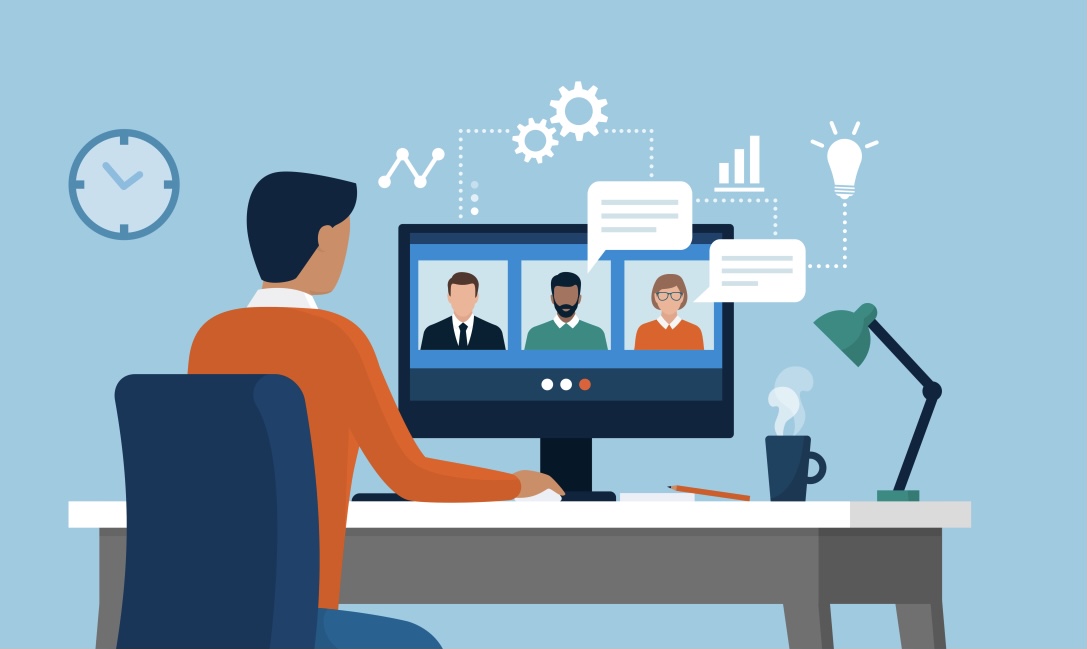Two years into the COVID-19 pandemic, the outlook for Gen Zsand millennials is still very uncertain—their resilience is tested by daily challenges, from financial concerns to a lack of work-life balance. Meanwhile, their hopes for the future are being cloudedby mounting global threats.
So, it is no surprise that Deloitte’s 11th annual Gen Z and Millennial Survey, completed by over 23,000 people across 46 countries, again found high levels of stress and anxiety amongst these generations. Indeed, half of Gen Zs and just under four in ten millennials reported feeling stressed or anxious all or most of the time.
Day to day finances and long-term financial futures are the top stress drivers for both generations, while heavy workloads and poor work-life balance also contribute significantly. But this year’s research also continues a trend first seen in 2021’s survey, namely that worrying about mental health itself is a cause of stress and anxiety – most notably for Gen Zs, with two in five citing their own mental health as a top stress driver.
These continued high levels of stress underline the importance of employers making mental health at work a priority. However, the survey shows that much remains to be done.
While more employers are talking about mental health – the impact is not always felt
Respondents acknowledge that their organizations have been more vocal around the importance of mental well-being during the pandemic, but over half (53% of Gen Zs and 51% of millennials) are yet to notice a genuine impact on employeeswithin their organizations. Indeed, a third of respondents say they are still not comfortable speaking openly with their direct manager about feeling stressed or anxious. And, of those who took time off work for mental health issues, the majority (58%) did not give their employer the real reason. This clearly demonstrates that more work is needed to remove deep-seated stigma around mental health at work.
Burnout prevails
Chronic workplace stress can lead to burnout, so it is perhaps unsurprising that this year’s survey identified burnout as apersistent issue for many respondents. Nearly half of respondents (46% of Gen Zs and 45% of millennials) said that they felt burned out from the demands of their work. This is impacting retention, with just over four in ten respondents saying that many colleagues have recently left their organization due to the pressure of their workloads. Burnout is also cited as one of the top three reasons for respondents leaving their job in the last two years. Yet, despite this alarming data, roughly one in five respondents still do not believe that their employer takes burnout seriously or is taking steps to address it.
Work–life balance matters – as does the ability to enable it through flexible and hybrid working
When it comes to enabling better work-life balance, the expectations from Gen Zs and millennials are clear: they want more flexibility and more supportive leaders. Respondents selected flexible working hours, fostering supportive leaders through mental-health-related training, reduced working weeks, and allowing employees to work remotely as the top initiatives they’d prioritize to foster better work-life balance.
There is clear demand for more hybrid work—three quarters of respondents would prefer hybrid or remote work going forward, although only a small group would prefer to work entirely remotely. Respondents see hybrid work as a way to find balance in their lives: saving money while making time for the people and activities they care about.
While it is clear that hybrid working is seen as beneficial, for some it comes at a cost. One in five respondents who have worked remotely say that it made forming connections with colleagues more difficult, while others say opportunities for mentorship have been harder to find. So, while organizations have enabled employees to work in this way, some have yet to mitigate inclusion risks associated with it.
A call to action
This is the third year in which our Gen Z and Millennial Survey has included questions on mental health – and it is the third year where the findings have given cause for concern. Whether it be high rates of stress and anxiety, continuing signs of workplace stigma, or the prevalence of burnout, the findings from our 2022 survey make a clear case for employers to convert words into meaningful action.
Prioritizing mental health at work: It’s clear that mental health should be a priority for businesses. This means providing increased access to mental health resources and training, creating inclusive environments where people feel comfortable accessing those resources, and focusing on preventing stress and burnout in the first place.
Addressing stigma through empathetic leadership: Until stigma is addressed many employees will choose not to disclosestress and other mental health issues. This means that employers may not understand the true effect of mental ill health on their business, and that employees may not get access to early support.Enabling disclosure through empathetic leadership, sharing lived experiences and using the words ‘mental health’ regularly can all help organizations root out stigma.
Understanding and preventing burnout: Organizations need to take clear and proactive steps to understand and address the underlying causes of burnout, and to provide employees and leaders with the tools and support to proactively understand, identify and mitigate it.
Embedding flexibility into new ways of working: Flexible work can support better work-life balance, which in turn can improve mental well-being. Organizations must ensure that flexible and hybrid working are enablers of well-being and success. This will require proactively addressing the risk of hybrid work adversely impacting personal connections, mentorship, and growth opportunities.
With disruption set to endure, Gen Zs and millennials are more than ever looking for their employers to support their quest for balance and well-being. In response, we should do everything we can to enable them to continue to thrive. Our success depends on it.
About Deloitte
Deloitte refers to one or more of Deloitte Touche Tohmatsu Limited (“DTTL”), its global network of member firms, and their related entities (collectively, the “Deloitte organization”). DTTL (also referred to as “Deloitte Global”) and each of its member firms and related entities are legally separate and independent entities, which cannot obligate or bind each other in respect of third parties. DTTL and each DTTL member firm and related entity is liable only for its own acts and omissions, and not those of each other. DTTL does not provide services to clients. Please see www.deloitte.com/about to learn more.
Deloitte provides industry-leading audit and assurance, tax and legal, consulting, financial advisory, and risk advisory services to nearly 90% of the Fortune Global 500® and thousands of private companies. Our professionals deliver measurable and lasting results that help reinforce public trust in capital markets, enable clients to transform and thrive, and lead the way toward a stronger economy, a more equitable society and a sustainable world. Building on its 175-plus year history, Deloitte spans more than 150 countries and territories. Learn how Deloitte’s more than 345,000 people worldwide make an impact that matters at www.deloitte.com.
This communication contains general information only, and none of Deloitte Touche Tohmatsu Limited (“DTTL”), its global network of member firms or their related entities (collectively, the “Deloitte organization”) is, by means of this communication, rendering professional advice or services. Before making any decision or taking any action that may affect your finances or your business, you should consult a qualified professional adviser. No representations, warranties or undertakings (express or implied) are given as to the accuracy or completeness of the information in this communication, and none of DTTL, its member firms, related entities, employees or agents shall be liable or responsible for any loss or damage whatsoever arising directly or indirectly in connection with any person relying on this communication. DTTL and each of its member firms, and their related entities, are legally separate and independent entities.
© 2022. For information, contact Deloitte Touche Tohmatsu Limited.


